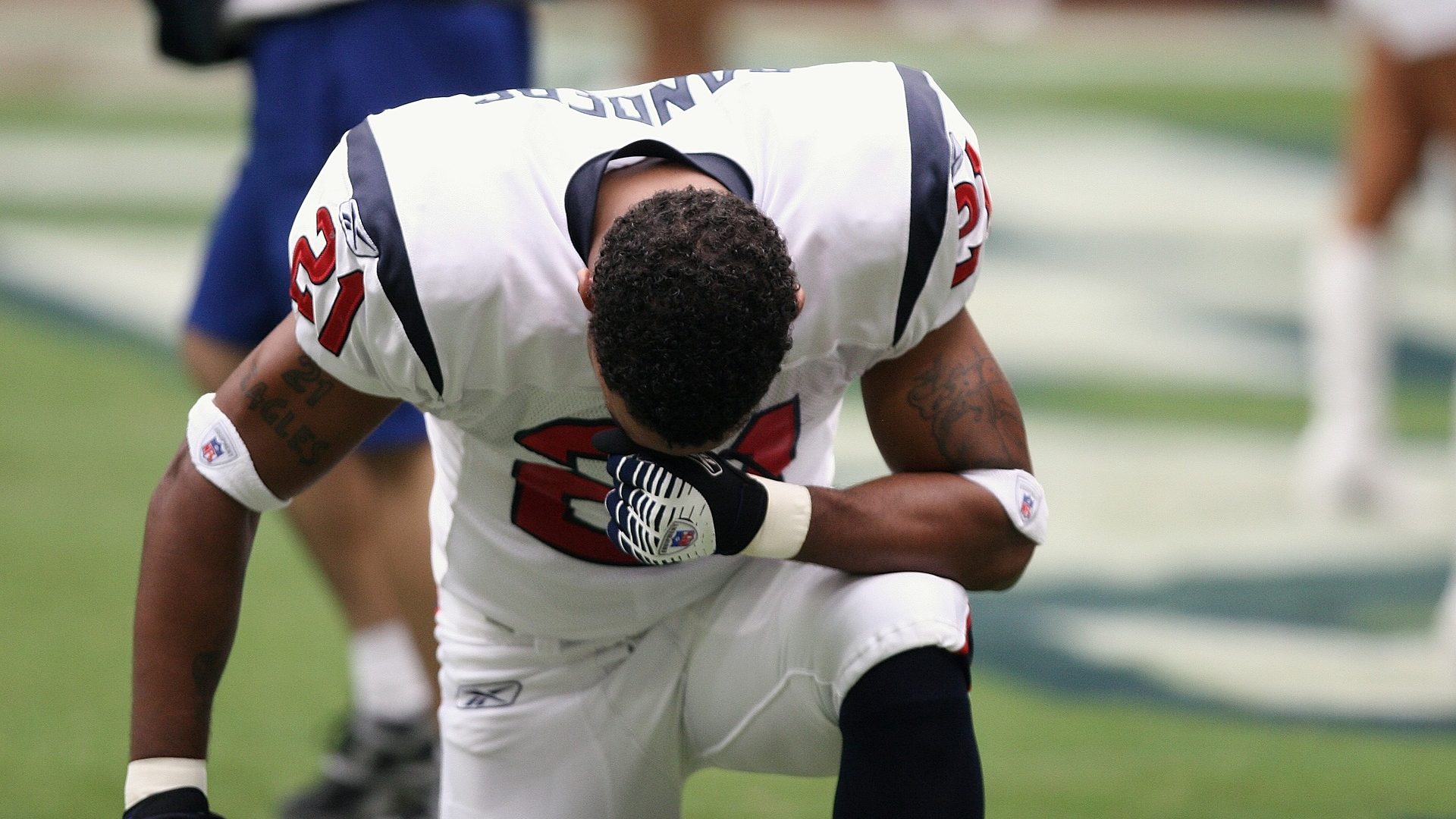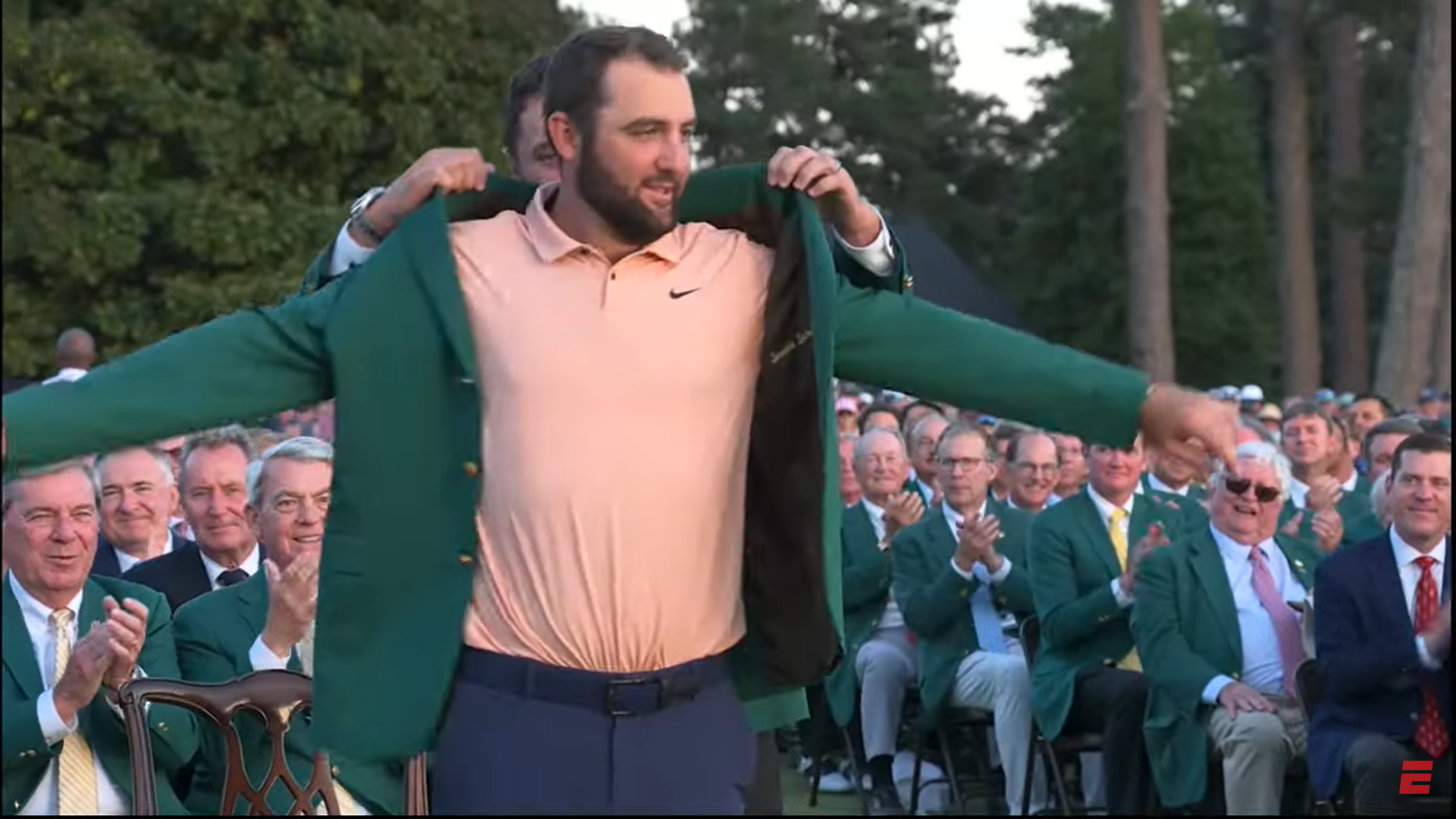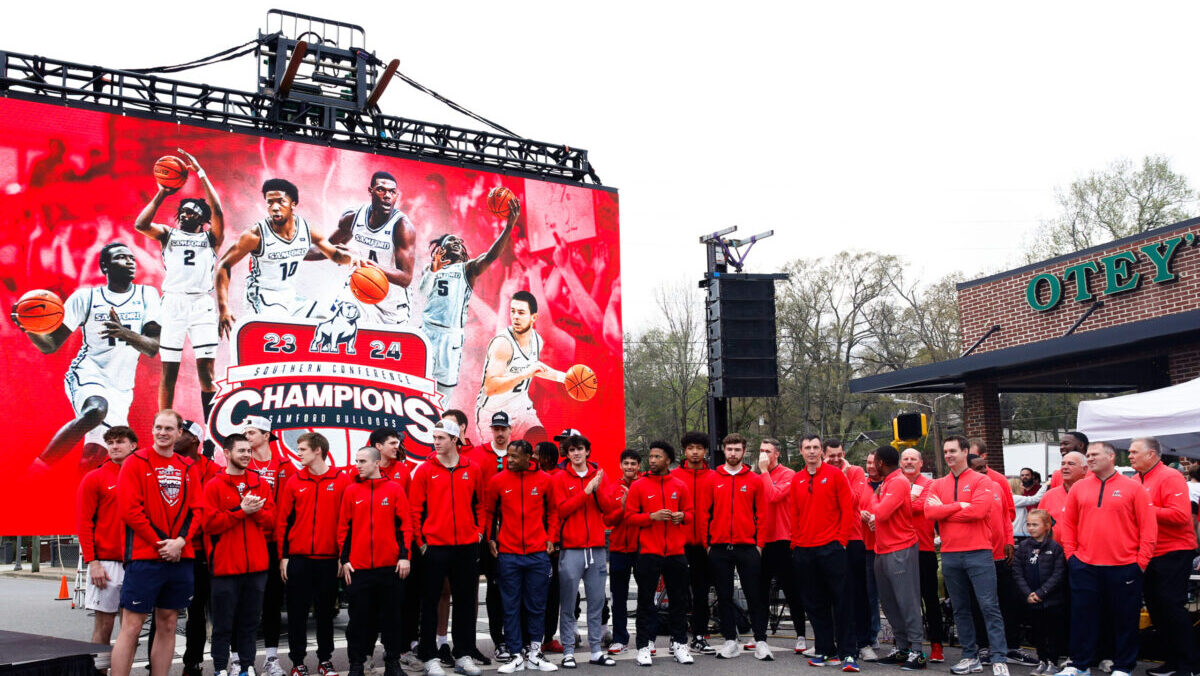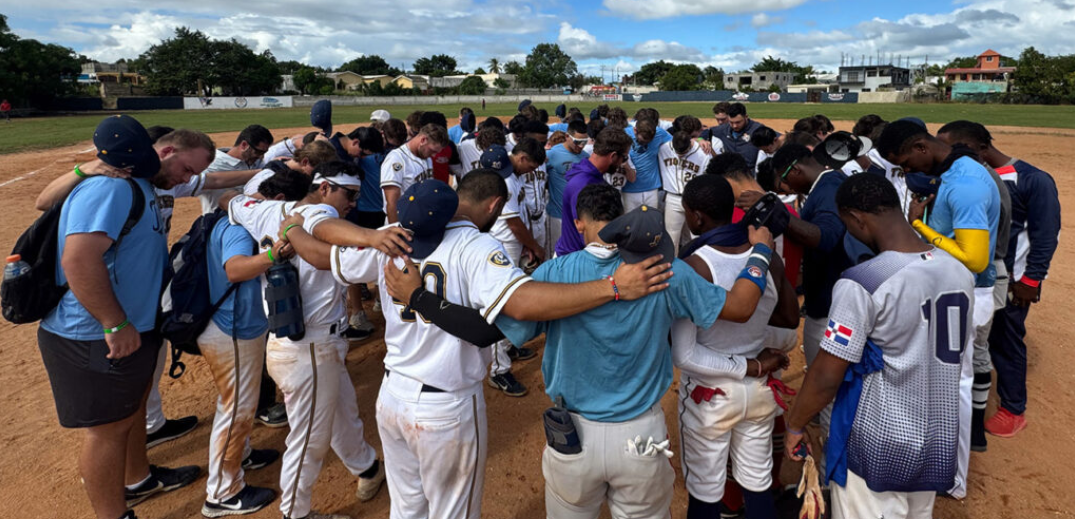Most Americans don’t mind prayer at football games, maybe because they don’t think it’ll make much of a difference over who wins.
More than half of Americans (54%) say they approve of the recent Supreme Court decision to allow a public high school football coach to pray on the field, according to an AP-NORC poll. Those who say religion is important to their lives (77%) and self-identified born-again Christians (79%) were among the most likely to support the decision.
Religion on the field
Most Americans say they’re not concerned about possible effects of the ruling.
Less than half (48%) say they’re worried it might make some students feel pressured to participate in the prayer. Fewer say they’re concerned the Supreme Court decision might make some feel less welcome to participate in high school sports (46%) or might lead to other public officials praying with students during school hours (39%).
Few believe there is too much religious influence in any level of sports, including public high school (25%), college sports (24%), and professional sports (25%).
Most are fine with players demonstrating their faith on the field, though the public is more divided over kneeling during the national anthem. More than half of Americans (52%) approve of players expressing their faith by thanking God while on the field, while 9% disapprove. Half (50%) support praying on the field, and 15% are opposed. Less than half (45%) approve of players wearing a religious symbol like a crucifix or Star of David while on the field. And 11% disapprove. When asked about kneeling during the national anthem, 30% approve, 33% neither approve nor disapprove, and 37% disapprove.
Winning prayers
Few Americans say they pray about the outcomes of games, as most believe prayer has as much determinative power over who wins and loses as wearing a lucky hat.
Overall, 28% of Americans say prayer can play a role in determining which team wins a sporting event, according to the AP-NORC poll. Most self-identified born-again Protestants (56%) believe prayer plays a role in the outcome. A quarter of mainline Protestants (25%) and a third of Catholics (34%) believe prayer can contribute to a win. Around 1 in 10 Americans without a religious affiliation (11%) agree.
Less than a quarter of Americans (23%) believe superstitions or rituals, like wearing a lucky hat on game day, can play a role in determining which teams win. Compared to their views on prayer and sports, born-again Protestants are less than half as likely to believe superstition can help a team win a sporting event (21% v. 54%). Mainline Protestants (22% v. 25%) are slightly less likely to see superstition as a determinative factor. Catholics are most likely to view superstition as playing a role in who wins (32%). But that’s still fewer than those who see prayer as contributing. Those without a religious affiliation are less likely than others to view superstitions as effective. But they’re still more likely to see those rituals than prayer as having an impact (18% v. 11%).
Those most likely to be praying about a game’s outcome have more than a rooting interest in the teams. A third of American parents (33%) say they pray about their child’s sports events, including 50% of born-again Protestants, 43% of Catholics, 28% of mainline Protestants, and 15% of parents with no religious affiliation.
Far fewer Americans overall say they pray about the outcome of a professional sporting event (16%) or a high school or college game (15%). Born-again Protestants are the most likely to pray during each of those types of games, with 25% saying they pray about the outcome of pro and amateur sporting events.
When asked specifically if they’ve ever prayed for their favorite team to win a game, 13% of Americans said they had, according to a 2014 Lifeway Research study.
Angels in the endzone
More than a quarter of Americans (27%) say God plays a role in determining which team wins a sporting event. Self-identified born-again Protestants (54%) are most likely to see a divine hand in the game’s outcome. Fewer Catholics (31%), mainline Protestants (28%), and Americans with no religious affiliation (10%) believe God decides who wins and who loses.
Asked specifically about the Super Bowl in a 2015 Lifeway Research study, 11% of Americans said they believe God determines winners and losers in the NFL championship game. For almost 9 in 10 (85%), God’s not involved. Similarly, 88% said God doesn’t care who wins the Super Bowl, while only 8% said He does.
EDITOR’S NOTE — This article was written by Aaron Earls and originally published by Lifeway Research.








